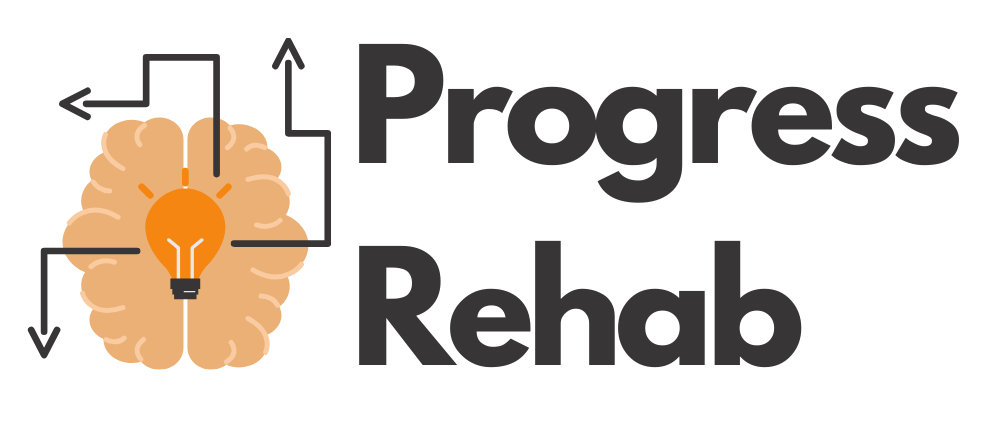The Benefits of a 24/7 Medically Supervised Detox
Detoxing can be characterized as the way toward freeing poisons from the body from a patient who is subject to a substance. It’s intended to deal with the side effects of withdrawal that follow abrupt end of drinking, and assists patients with beating physical reliance. A medicinally directed detox is the point at which this is finished with the assistance of a specialist.
Any individual who experiences standard symptoms liquor withdrawal should make arrangements to detox with clinical oversight.
These impacts incorporate an expanded want to drink, a powerlessness to go a day without needing to drink, enduring extreme withdrawals between drinking meetings, and starting to show emotional well-being issues as an outcome of devouring liquor.
What is a medicinally managed detox?
Clinical detox offices give patients a controlled, safe, and agreeable condition where they can free their assemblages of liquor. Withdrawal indications that they experience the ill effects of can be dealt with utilizing an assortment of strategies which include:
- Narcotic meds
- Nourishing help and physical exercise
- Mental and social guiding
- Oversight by a specialist and clinical group
What is the clinical detox process?
There are three stages to a general clinical detox process which we have recorded beneath:
1. Assessment
A clinical expert will decide your physiological and mental state, by requesting that you experience a physical assessment, take some blood tests, and round out a poll. The subtleties gave will be utilized to structure a treatment plan for you.
2. Adjustment
The following stage in the process is intended to assist patients with detoxing from their liquor utilization. This stage causes them accomplish clinical strength by carrying their bodies and vitals to a typical, calm state.
This can take one to three weeks, contingent upon the seriousness of the patient’s withdrawal indications, and the sort of medication or substance they have utilized.
3. Planning
Detoxes are generally just the initial step making progress toward recuperation. During this third phase of the procedure, patients get ready continuous or extra medicines with the assistance of their primary care physicians and advisors. These medicines incorporate progressing treatment, inpatient or outpatient recovery, or entering a 12-advance program
